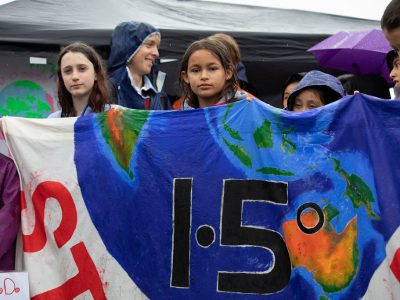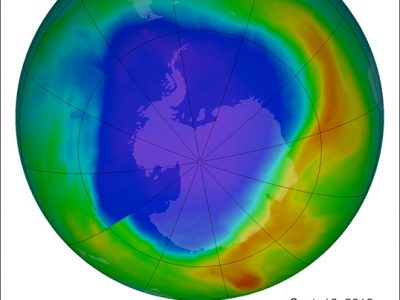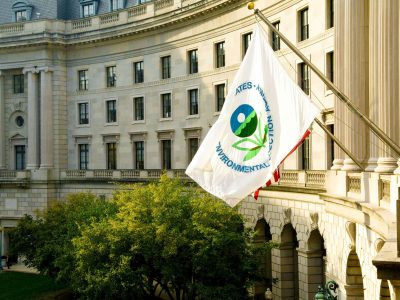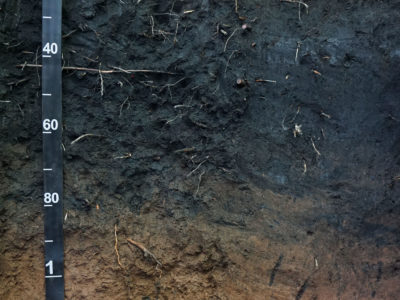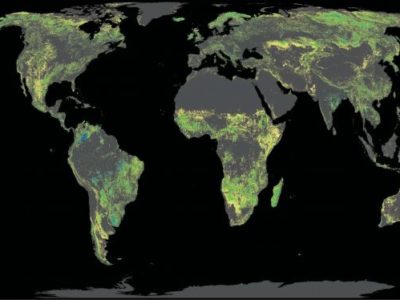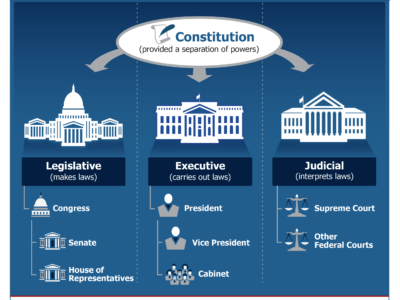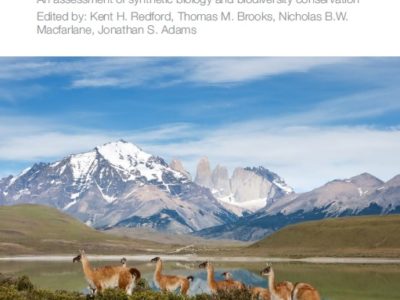Environmental Science
COP25 in Context, or “How Bad is It?”
Reflections on Stopping Speeding Locomotives and Falling Off Cliffs
In my last post, I sketched a few of the many intense tensions and contradictions swirling around this year’s Conference of the Parties (COP25) to the UN Framework Convention on Climate Change (FCCC). In this post, I’ll try to make some sense of the biggest tension of all, one that folks working on climate are …
Continue reading “COP25 in Context, or “How Bad is It?””
CONTINUE READINGClimate Change, Ozone Depletion, and the New York Times
The Montreal Protocol offers lessons for climate change, but not a role model
In an extended piece yesterday, The New York Times editorial board wrote that “The World Solved the Ozone Problem. It Can Solve Climate Change. The same tools that fixed the ozone hole — science, innovation and international action — can address.” Although the editorial was mostly correct, it missed what I believe to be the …
Continue reading “Climate Change, Ozone Depletion, and the New York Times”
CONTINUE READINGEPA’s Draft Update to Its “Science Transparency Rule” Shows It Can’t Justify the Rule
EPA Cites an Inapplicable “Housekeeping Statute” to Justify Its Rule to Limit the Use of Science In Important Regulatory Decisions
Over a year ago, EPA issued a proposed rule , ostensibly to promote transparency in the use of science to inform regulation. The proposal, which mirrors failed legislation introduced multiple times in the House, has the potential to dramatically restrict EPA’s ability to rely on key scientific studies that underpin public health regulations. The rule, …
CONTINUE READINGEPA v. the Inspector General
Surprise, surprise, EPA has tried to stonewall an investigation.
EPA’s Acting Inspector General Charles J. Sheehan took the extraordinary step last week of notifying Congress that EPA was stonewalling his investigation of potential misconduct involving EPA’s Chief of Staff. This was a gutsy move for Sheehan, especially given the extra vulnerability created by his Acting status. Sheehan, it is worth noting, is a career …
Continue reading “EPA v. the Inspector General”
CONTINUE READINGCan Soils Solve Climate Change?
Another dubious claim of natural climate solutions makes the rounds
A few months ago, I questioned a claim that planting trees could solve climate change. According to some scientists, reforestation “is by far the cheapest solution that has ever been proposed,” and for $300 billion it could sequester 200 gigatons of carbon (GtC, or 733 GtCO2). Many media outlets swooned, but the assertions were weak …
Continue reading “Can Soils Solve Climate Change?”
CONTINUE READINGSixth International Geoengineering Governance Summer School, 2019
A brief report from a recent Emmett-convened event
As the severity of climate change risks and the inability of current efforts to adequately limit risks become clear, geoengineering technologies – active large-scale environmental interventions to reduce disruptions caused by elevated greenhouse gases – are increasingly receiving attention and generating controversy. These proposals would either remove and sequester atmospheric carbon dioxide or modify the …
Continue reading “Sixth International Geoengineering Governance Summer School, 2019”
CONTINUE READINGConference on the Ocean’s Role in Sustainable Food Production
U.C. Davis Will Host Cutting-Edge Event on September 16-17, 2019
U.C. Davis’ Coastal and Marine Sciences Institute, in conjunction with the UCD School of Law’s California Environmental Law & Policy Center, will host an important and timely conference on September 16-17, 2019. “The Ocean’s Role in Sustainable Food Production” will offer an in-depth, interdisciplinary look at current scientific, economic, social, legal and governance issues surrounding …
Continue reading “Conference on the Ocean’s Role in Sustainable Food Production”
CONTINUE READINGCan Planting Trees Solve Climate Change?
Unfortunately, a new scientific paper overstates forests’ potential
Today, The Guardian reports: Tree planting ‘has mind-blowing potential’ to tackle climate crisis Planting billions of trees across the world is by far the biggest and cheapest way to tackle the climate crisis, according to scientists… As trees grow, they absorb and store the carbon dioxide emissions that are driving global heating. New research estimates …
Continue reading “Can Planting Trees Solve Climate Change?”
CONTINUE READINGHelping Repair Our Broken Governance System
Our institutions have been battered. How will we be able to fix them?
Much of Trump’s damage to the environment is obvious: his efforts to increase gas and oil production, his regulatory rollbacks, and his efforts to gut the agencies charged with protecting the environment. But he has also done deeper damage to the institutions we need to address climate change and other daunting environmental challenges. These problems …
Continue reading “Helping Repair Our Broken Governance System”
CONTINUE READINGGoverning New Biotechnologies for Biodiversity Conservation
The fourth in a series examines how international institutions have responded
The previous two posts in this series described how and why genetically modified organisms (GMOs) could be introduced into wild populations, either “typically” modified ones that would transmit their altered genes ineffectively or those with “gene drives” whose changes would quickly propagate through the entire population. In both cases, their potential applications include helping conserve …
Continue reading “Governing New Biotechnologies for Biodiversity Conservation”
CONTINUE READING



